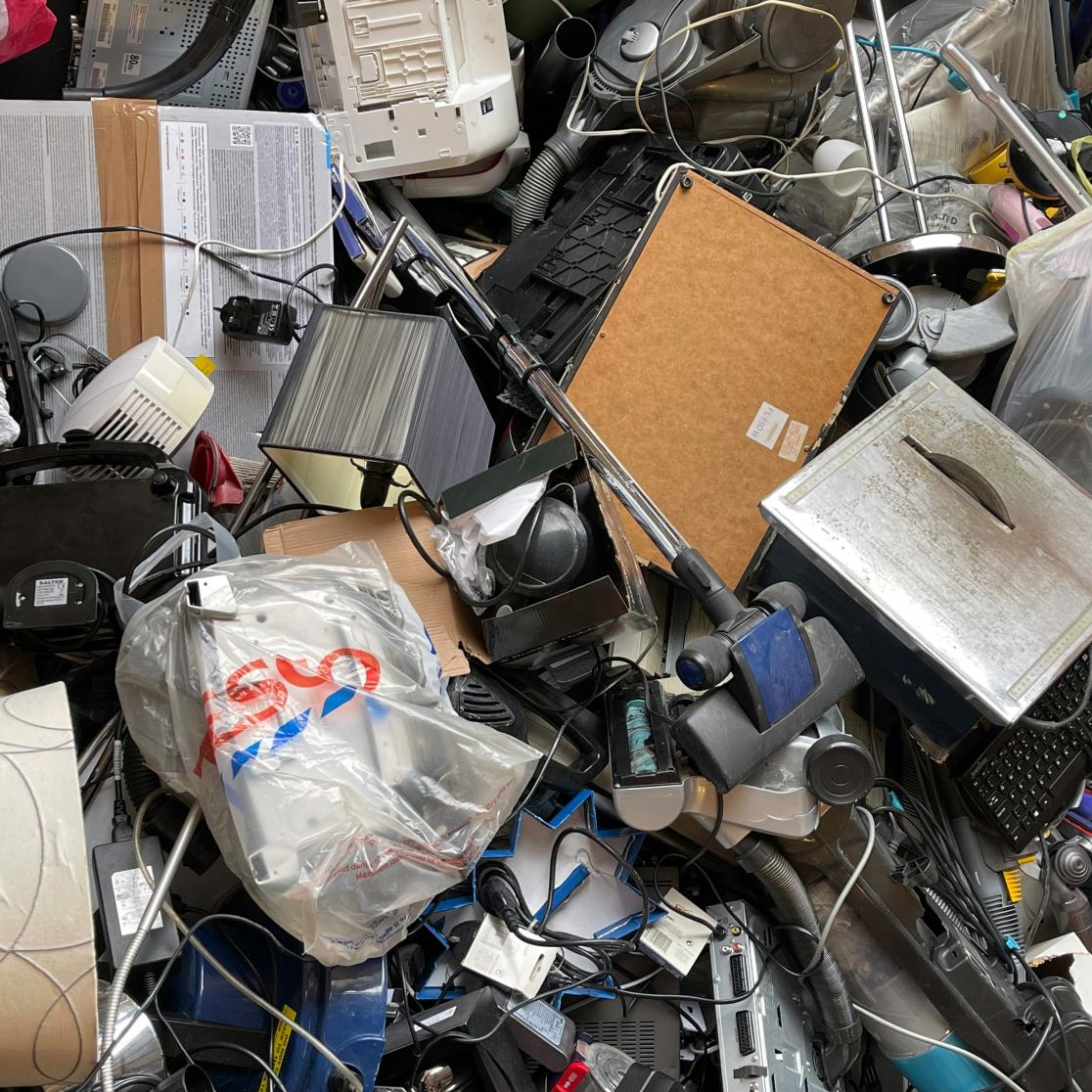Tackling Fixophobia - NWO-KIC grant
Our lives are intertwined with smartphones, TVs, computer devices, and electronic appliances. These devices are indispensable because they provide convenience, entertainment, and connectivity. However, these benefits come at a price. Especially when consumers are encouraged to replace their devices rather than repair them.
This linear consumption model, in which we buy an electronic device, use it, and toss it when it shows any damage, presents many challenges that demand our attention and action. Electronics production and disposal contribute to resource depletion, greenhouse gas emissions, and health risks associated with electronic waste.
Tackling Fixophobia
"Tackling Fixophobia," a recently granted NWO KIC proposal, aims to take on these challenges and improve consumer electronics repair practices. This initiative addresses the root causes of our throwaway culture and seeks to promote repair as a viable solution to the growing sustainability crisis.
The project involves a large consortium in which Nancy Bocken and Joana Wensing represent Maastricht University School of Business and Economics. They will focus on barriers and drivers for repair practices and circular business models.
The project aims to enhance trust, acceptance, and behaviour towards repair practices among all consumer electronics value chain stakeholders, including consumers, government entities, businesses, and industry experts. By fostering collaboration and innovation across various disciplines, such as marketing, design, circular business models, and legal frameworks, the project seeks to extend the lifetime of consumer electronics and minimise their environmental footprint.
Research Questions and Interdisciplinary Collaboration
Key research questions guide the project's endeavours, focusing on understanding the barriers hindering the transition to a repair economy, identifying innovative strategies to motivate stakeholders to embrace repair practices, and integrating these solutions into a cohesive framework for sustainable change.
The project's interdisciplinary nature is evident in its approach, bringing together experts from diverse fields to tackle the complexity of the issue head-on. Through collaborative efforts, the project aims to develop practical solutions that address the needs and concerns of all stakeholders involved.

Recognising that systemic change requires simultaneous action from all actors in the value chain is central to the project's success. Consumers must be empowered to trust and engage in repair practices, businesses need to adopt circular business models, and legal systems must adapt to support and incentivise sustainable practices.
As the project progresses, ongoing collaboration and dialogue with scientific and societal partners will ensure alignment, cross-fertilisation of ideas, and effective solutions integration. By fostering a culture of repair and sustainability, "Tackling Fixophobia" aspires to pave the way for a brighter, more sustainable future for the consumer electronics industry and beyond.
Also read
-
Maastricht University ranked #3 worldwide and #1 in Europe in 2025 Better World MBA Ranking
We are incredibly proud to share that the MBA programmes of Maastricht University School of Business and Economics’ executive branches, MSM and UMIO, have once again been recognised among the very best sustainable business MBA programmes worldwide. In the 2025 Better World MBA Ranking by Corporate...

-
Young people in higher education mainly choose based on their interests. A better link with labour market opportunities is needed.
Against the backdrop of structural labour market shortages, it is of social importance that young people choose courses that not only match their interests and talents but also lead to occupations with good employment prospects and social value, particularly in sectors such as healthcare, education...

-
From Study to Startup: The story behind Famories
When Lennie and Neele graduated, while many of their classmates were busy fine-tuning CVs and stepping into roles at top companies, they took a detour by recording podcasts with their grandmas. What began as a charming way to cherish family memories has blossomed into Famories, a vibrant startup...
